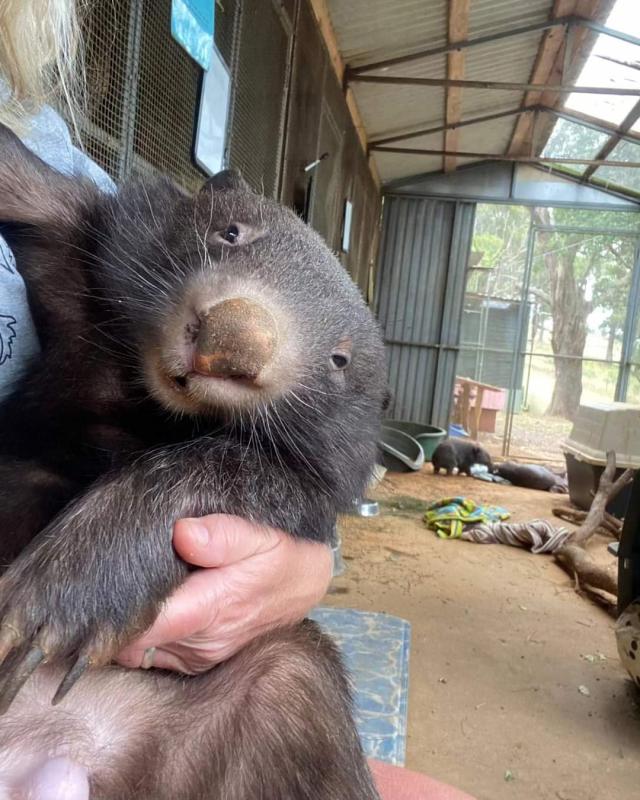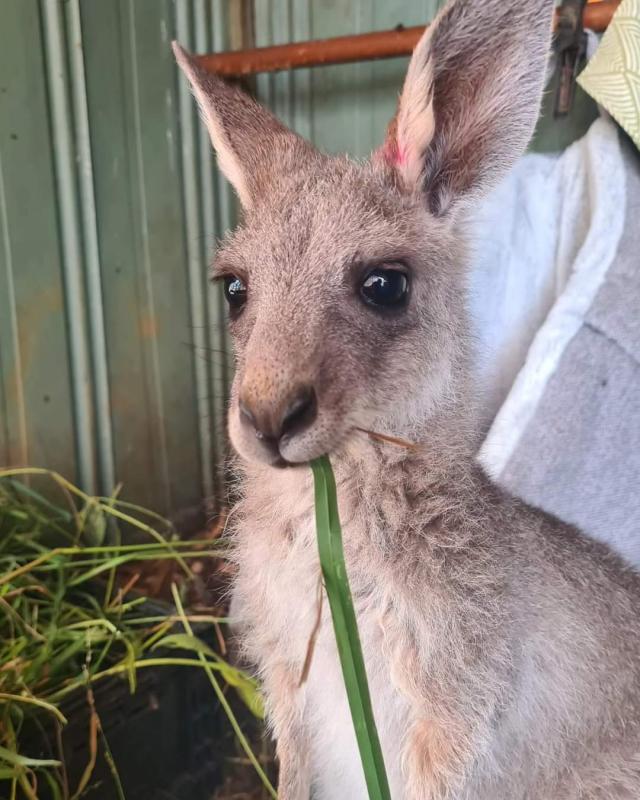By Callum Ludwig
The United Nations’ World Wildlife Day was held on Sunday 3 March as animal lovers and conservationists around the world celebrated successes and shared concerns in the animal kingdom.
There’s a plethora of animal rescue and wildlife organisations in the Yarra Ranges, and some of them shared their important messages to the Star Mail they want to highlight in the world of wildlife.
Owner and operator of Mt Evelyn’s Bungalook Creek Wildlife Shelter Emma Cash urged locals to look up their local wildlife shelter and offer them support.
“All registered wildlife shelters are run by volunteers, we don’t get paid to look after wildlife that are sick, injured or orphaned,” she said.
“Most need volunteers and if you can’t regularly volunteer, maybe you could donate to help with the feeding costs,”
“Australia has one of the highest extinction rates of fauna and flora in the world, over 50 per cent of all fauna found in Australia are only found in Australia, once gone, we cannot bring them back. As Australians, we should care about our wildlife, because if we don’t, no one else will.”
This year is the 11th annual World Wildlife Day, with the date of 3 March selected as it is the day the Convention on International Trade in Endangered Species of Wild Fauna and Flora (CITES) was signed in 1973. CITES is an international treaty that was signed to protect endangered plants and animals from the threats of international trade, helping to crack down on illegal hunting, monitor imports and improve the welfare of the plants and animals.
Ms Cash said caring for wildlife starts in your own backyard.
“Fruit netting is one of the biggest killers of wildlife during the spring/summer months, if you can fit your finger through the netting spaces the net is now illegal and you could be prosecuted. Consider using branch stockings to protect the fruit, or even better share it with your furry and feathery locals,” she said.
“Roaming cats (and dogs) are also a major threat to native wildlife, letting domestic animals roam at night not only increases the chance of native wildlife being attacked, but your furry friend also runs the increased risk of being hit by a car or picking up diseases such as FIV from cat fights,”
“Whether we like it or not, if you ask an overseas traveller what they know about Australia one of the first things they mention is our Australian wildlife, the koala (and no, it is not a bear!) and kangaroo and wouldn’t it be amazing if as Aussies we stopped thinking of these animals as pests and started to celebrate how unique our wildlife is.”
The theme of 2024’s World Wildlife Day is ‘Connecting People and Planet: Exploring Digital Innovation in Wildlife Conservation’, aiming to raise awareness of digital innovation in wildlife conservation, such as the implementation of electronic CITES permitting systems which are helping crack down on illegal wildlife trade, ever-developing sustainable agricultural and fishing practices and new cameras and devices helping record all sorts of flora and fauna.
Owner of the Waratah Wildlife Shelter Raewyn Jeganathan said it saddens her to see how so many of us have little regard for our amazing wildlife.
“We need to work towards recognising the effect our lives have on theirs and find ways to live in a manner that respects both the environment and the wildlife. We have such a unique and diverse range of animals in Australia, they’re all so fascinating and yet the majority of people know so little about them,” she said.
“I started Waratah Wildlife Shelter because I became painfully aware of the impact humans are having on our wildlife and feel that we should be working towards rectifying that. For the most part, I can only help individual animals whose paths cross mine but I really hope that one day I can have a greater impact,”
“I hope I can help to change people’s mindsets, to encourage them to respect and appreciate the native wildlife and work together to improve the health and wellbeing of our environment and its inhabitants.”
Carol Seeger runs the Emerald Monbulk Wildlife Shelter, looking after permanent and temporary residents who find themselves in need of care.
Fem Koenders is a foster carer for the shelter and said people need to be aware of the importance of looking out for our wildlife on the roads.
“Slow down at dusk and dawn, report injured animals and educate yourself so you have a better understanding,” she said.
“Carol takes in an enormous amount of animals on a daily basis. The cost and time it takes to nurse each and every one of them back to health is enormous, and that’s not counting dealing with the heartache for the ones that don’t make it. I think most people would be stunned at how hard she works, day and night, 24/7, 365 days a year.,”
“Our wildlife is unique, fragile and yet robust, they need all the help they can get because our environment is a harsh one to survive in and on top of that we are encroaching on their home at an alarming rate.”








